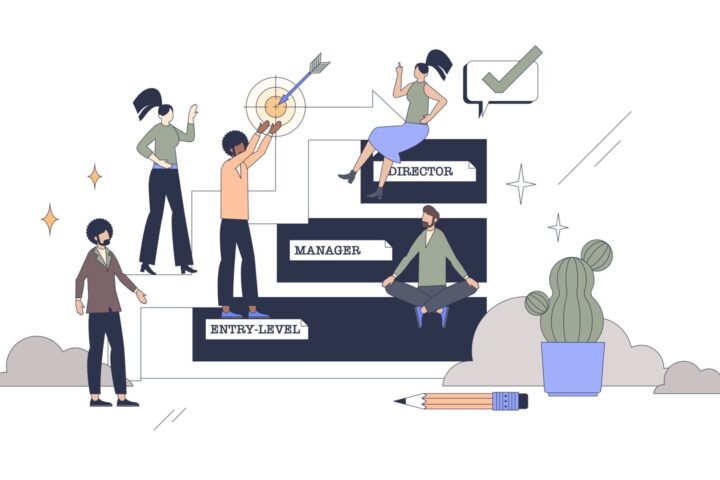Businesses are at risk of losing young talent as six in 10 Gen Z employees have quit due to unmet expectations, research from Development Beyond Learning (DBL) revealed.
With only 12% of employees believing their company has a strong onboarding process, experts warned that failing to guide Gen Z through workplace norms could prove costly.
DBL urged leaders to bridge the gap through mentorship and clear communication of workplace expectations to improve retention and engagement.
The international learning and development organisation emphasised that workplace norms aren’t always clear to young employees, and uncertainty can lead to stress.
Without proper guidance, businesses risk high turnover and disengagement.
DBL argued that employers cannot expect Gen Z workers to simply figure out workplace dynamics on their own and must take active steps to integrate them into company culture.
The organisation highlighted seven unwritten rules that can help Gen Z employees navigate workplace expectations more effectively.
Understanding dress standards is key, as professional attire signals respect for the role and colleagues.
Communication styles also matter, as casual language and emojis do not always translate well in formal settings, and clarity is needed on when to call, email, or message.
Hybrid work expectations must be clear, as logging in late or keeping cameras off can be seen as a lack of engagement.
Integrating into the team is also crucial, as avoiding informal discussions may lead to being excluded from key conversations and opportunities.
Navigating office politics is another essential skill, as understanding power dynamics without taking sides helps maintain professionalism and trust.
Gen Z employees must also learn to embrace constructive feedback as a tool for growth rather than criticism.
Finally, showing initiative is vital, as waiting for instructions can be mistaken for passivity, whereas proactivity earns respect and opens doors for career progression.
DBL maintained that helping Gen Z employees decode these unwritten rules through intergenerational conversations can lead to a smoother transition into the workforce.
By investing in structured onboarding and mentorship, businesses can not only improve employee experience but also reduce costs linked to high turnover.
Pete Humphreys, CEO of DBL said: “Imagine landing on a planet where you don’t speak the language or understand the customs – you’d need a guide, not just a rulebook.
“Starting a first job can feel just as daunting as they arrive in a new place expected to deal with difficult conversations, team work, office politics and dress standards without the knowledge or experience how to deal with these nuances.”

















